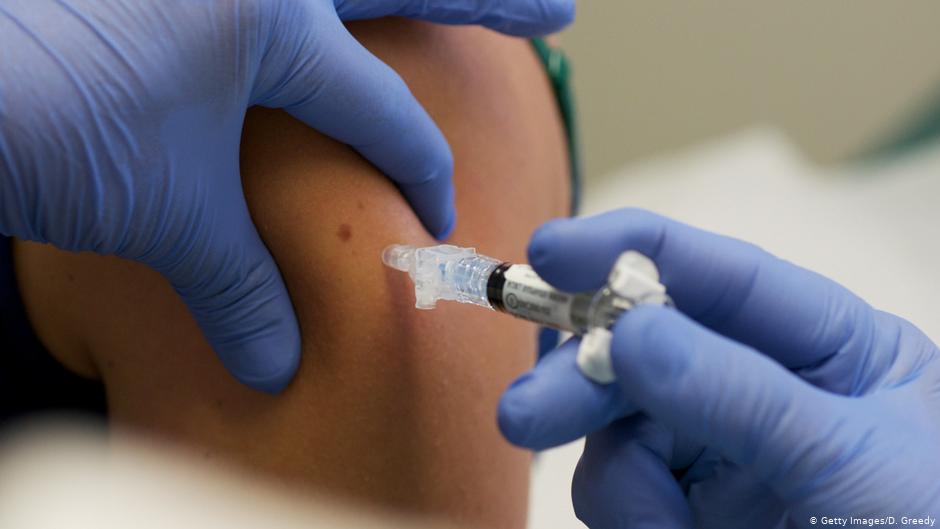NEW YORK (Transatlantic Today)- In the nation’s outbreak’s epicenter, the number of cases of monkeypox appears to be declining.
The latest date for which numbers are available is August 30, and according to the New York City Department of Health & Mental Hygiene, the Big Apple had a rolling 7-day average of 9 cases.
The 7-day rolling average of 50 that was recorded 2 weeks ago has decreased by 82% from that point.
No city or state has seen more instances of monkeypox since the outbreak started in mid-May than New York, so a decline in infections might be a sign of things to come for the rest of the nation.
According to data from the Centers for Disease Control and Prevention, countrywide trends appear to suggest a decline even as the U.S. surpasses 20,000 overall infections.
According to an examination of CDC statistics by ABC News, the 7-day rolling average of instances in the U.S. as of August 31 is 281, which is the fewest since July 25.
Health authorities have stated that anyone — irrespective of sexual orientation — is at risk if they come into direct contact with an infected person. The outbreak has been focused mainly in men who have intercourse with men, a group that comprises individuals who identify as bisexual, gay, transgender, and nonbinary.
According to health professionals, men who fit this description have probably been doing an excellent job of adhering to their doctors’ advice for proper preventative measures.
According to a collaborative survey conducted by the CDC, Johns Hopkins University, and Emory University, around half of bisexual, homosexual, and other males who have sex with men have fewer sex partners, fewer one-time anonymous partners, and use fewer dating apps overall.
The NYC DOHMH stated on Thursday that it will start offering second shots of the monkeypox vaccination to anyone who had their initial dose at least 10 weeks before.
At city-run centers, walk-ins will also be welcomed for initial doses, indicating that the shortage of the vaccines is decreasing.


























